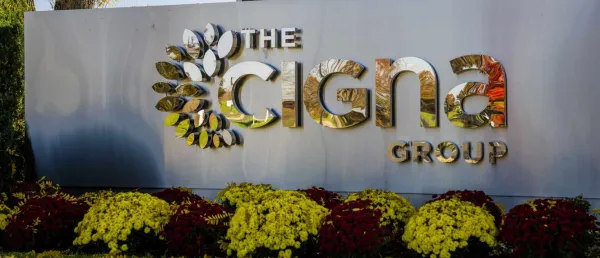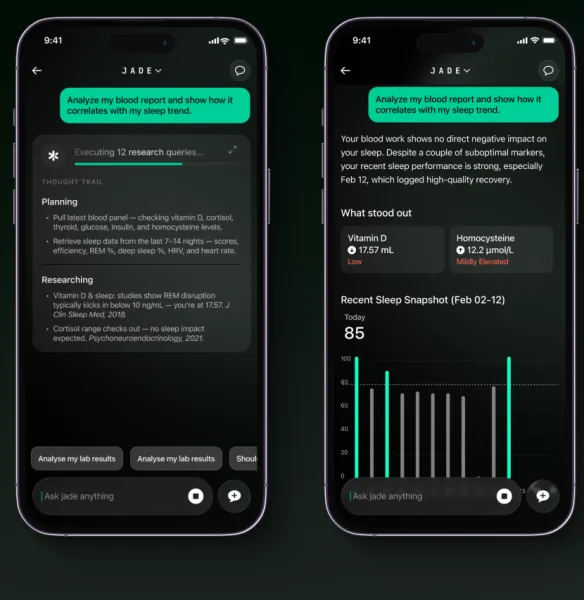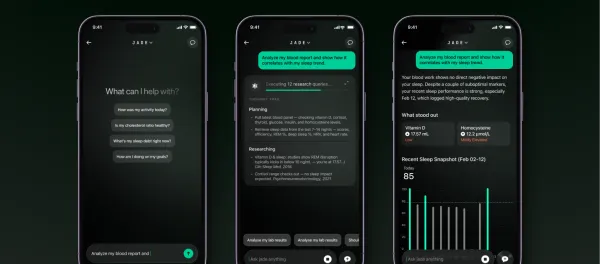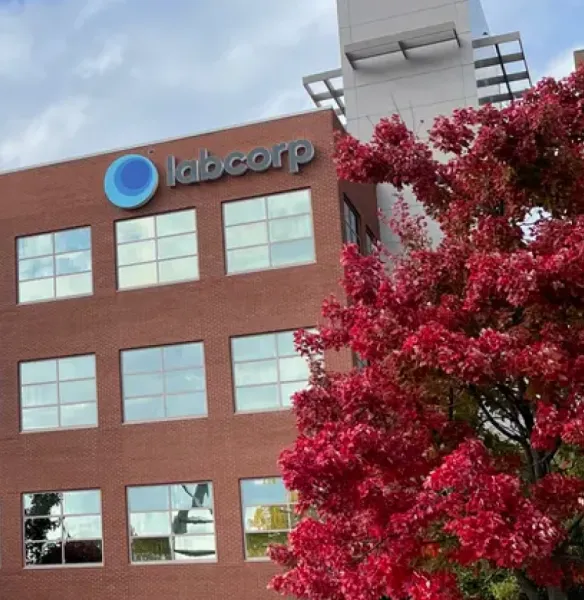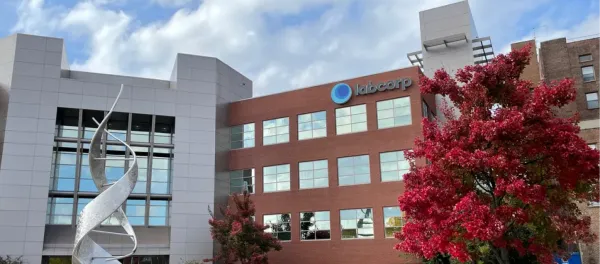Mumbai University Partners with Hospitals to Develop AI Model for Women's Healthcare

This initiative aims to bolster AI-based solutions in the healthcare sector, drawing on the expertise of domain specialists in these hospitals.
Mumbai University has partnered with city hospitals to develop artificial intelligence (AI) models.
The partnership focuses on early detection and management of diseases, especially those affecting women. This initiative is set to bolster AI-based solutions in the healthcare sector, drawing from the expertise of domain specialists in these hospitals.
The university has partnered with key hospitals such as Tata Memorial Hospital and Nanavati. However, it plans to broaden this network for more comprehensive outcomes in disease prevention and healthcare management.
Through this collaboration, Mumbai University’s AI center will have access to case studies from patients treated at these hospitals, enabling it to develop AI models with real-world data.
Dr R Srivaramangai, who is leading the project, shared details about the focus areas. “Our primary goal is to target conditions that disproportionately affect women. For instance, polycystic ovary syndrome (PCOS) is often influenced by factors like stress, diet, and lifestyle. With AI, we hope to detect patterns in these factors and develop models that can predict and prevent these conditions more effectively.”
AI Enhancing Early Detection
The core of the project is to improve early detection and preventive care, particularly for diseases such as breast cancer, cervical cancer, and even tuberculosis.
Dr Faruk Kazi, Director of Mumbai University’s Research and Development Cell, explained how AI could be a game-changer. “By using AI models, we aim to identify diseases at an earlier stage, which can significantly improve the chances of successful treatment. The sooner we catch conditions like cancer, the better patient outcomes. Our project aligns with national healthcare priorities, and AI will be a key tool in this effort.”
Dr Kazi further highlighted the importance of region-specific data. While the center can access global datasets from open sources, it hopes to increase collaboration with local hospitals to collect more regionally relevant information.
“We are working towards developing AI models that cater to global standards and focus on local disease patterns and needs. Region-specific data will allow us to design AI tools that address the specific healthcare challenges people in India face,” he added.
Funding & Expansion Plans
Initially kickstarted with funds allocated under the PM-USHA scheme, the project is exploring additional financial backing from government agencies and private industry to scale its efforts.
The university has also signed memorandums of understanding (MoUs) with Purdue University and Saint Louis University, which will further strengthen its research and development initiatives.
Additionally, Dr Kazi mentioned the university's intent to collaborate with IIT-Bombay, which is working on similar AI projects. “We see this as an opportunity to pool resources and share knowledge, making our healthcare AI solutions even more robust.”
Expanding to Regional Disease Patterns
In the long term, Mumbai University’s AI center plans to go beyond individual conditions and focus on broader healthcare management.
Reportedly, the center aims to study regional patterns of disease outbreaks, which will help prepare the healthcare infrastructure for timely responses, such as ensuring the availability of medicines and medical supplies in affected regions.
Dr Kazi elaborated on these future goals by saying, “One of our aims is to predict disease outbreaks based on AI analysis of region-specific data. By doing so, we can assist the healthcare system in ensuring that resources are distributed equitably and patients receive timely care.”
He emphasized the importance of a well-equipped healthcare system, especially in rural and underdeveloped regions.
“We need to ensure that medicines and healthcare services reach every corner of the state on time. With AI, we can foresee health crises and plan accordingly,” Dr Kazi added.
Stay tuned for more such updates on Digital Health News


















